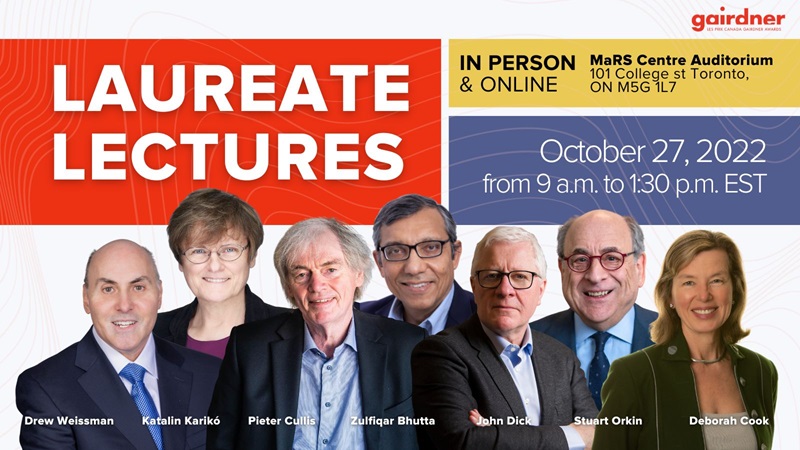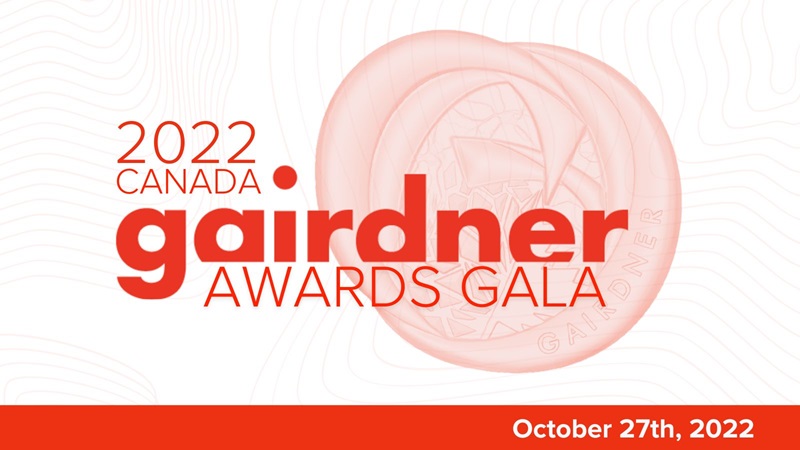
Oct 26:Gairdner Science Week 2022 Symposium
Changing views of the hematopoietic stem cell: lineage bias, clonal hematopoiesis and impact on disease
Join us on October 26 from 9 a.m. to 12:30 p.m. EDT for our annual Gairdner Science Week Symposium, live and IN-PERSON for the first time in nearly three years.
Inspired by the work of 2022 Canada Gairdner International Award laureates, Drs. John Dick and Stuart Orkin, this symposium will bring together some of the world’s top researchers in the field of blood stem cells. It will explore the evolution over the years of the concept of the multipotent blood stem cell first put forward by Till and McCulloch and how this has impacted our understanding of blood-borne diseases.
Tickets available for both IN-PERSON and VIRTUAL.
Schedule
0:00 A.M. SESSION 1: OPENING REMARKS Chair Dr. Jim Woodgett
9:05 A.M. "ALTERNATIVE PATHWAYS OF PLATELET REPLENISHMENT BY DISTINCT HEMATOPOIETIC STEM CELLS"
Rare multipotent hematopoietic stem cells (HSCs) in adult bone marrow with extensive self-renewal potential possess the ability to secure life-long and efficient replenishment of all myeloid and lymphoid blood cell lineages, in steady-state as well as following major physiological and clinical challenges, including blood lineage replenishment following bone marrow ablation. Establishing the normal lineage restriction pathways from fully multipotent HSCs to progenitors irreversibly committed to a single blood cell lineage remains an important goal towards unravelling the regulation of normal blood lineage development, and how this is perturbed in hematological malignancies. Using highly sensitive tracking of progenitors and mature cells of the myeloid, B and T cell as well megakaryocyte/platelet and erythroid lineages, produced from singly transplanted mouse HSCs, we recently uncovered a highly organized, predictable and stable framework for lineage-restricted fates of long-term (LT) self-renewing HSCs following transplantation into myeloablated recipients (Nature 554:106-111, 2018). Most notably, a distinct class of LT-HSCs adopted a fate towards effective and stable replenishment of a megakaryocyte/platelet-lineage tree but not any other blood cell lineages, despite their sustained multipotency. No self-renewing LT-HSCs contributed exclusively to any other single blood-cell lineage, and platelets were the only blood cells consistently replenished by all multipotent HSCs. In more recent and ongoing studies we have obtained experimental evidence in support of platelets being replenished through alternative lineage restriction pathways, initiated by HSCs with distinct lineage biases.
Speakers: Prof. Sten Eirik W. Jacobsen
9:32 A.M. "CLONAL HEMATOPOIESIS AND THE ORIGIN OF BLOOD CANCER""
Speakers: Dr. Benjamin Ebert
9:57 A.M. "INVESTIGATING HUMAN FOETAL BLOOD DEVELOPMENT AT THE SINGLE-CELL LEVEL"
Speakers: Prof. Ana Cvejic
10:25 A.M."DEREGULATED HEMATOPOIETIC STEM CELL BEHAVIOR IN AGING AND MALIGNANCIES"
Aging of the hematopoietic system promotes various blood, immune and systemic disorders and is largely driven by hematopoietic stem cells (HSC) dysfunction. An evolving understanding of HSC fate decision mechanisms and regulations by the bone marrow niche microenvironment has provide new opportunities to target aberrant behaviors during aging and disease development. In this context, we have identified several approaches to improve the regenerative capacity of aged HSCs and rebalance blood production with age.
Speakers: Dr. Emmanuelle Passague
10:50 A.M. BREAK
11:00 A.M. SESSION 2: OPENING REMARKS Chair Dr. John Dick
11:02 A.M. "REGENERATING T CELL IMMUNITY"
The thymus is critical for T cell generation, but it undergoes involution beginning in puberty leading to gradual attrition in the T cell repertoire. The result is life threatening vulnerability to infection with acute immune injury and increased incidence of virus reactivation, malignancy and autoimmunity with age. Thymic activity can be enhanced by increased blood precursors reaching it. We have identified two approaches to increasing the supply chain of cells entering the thymus that foster immune rejuvenation.
Speakers: Dr. David Scadden
11:29 A.M. "WINNING STRATEGIES FOR THE HEMATOPOIETIC STEM CELL ULTRAMARATHON"
When we are young, hundreds of thousands of hematopoietic stem cells are simultaneously working to regenerate the many cell types of the blood. As we age, one or a few stem cells start dominating blood production, reducing the clonal complexity of the blood dramatically, resulting in a condition termed “clonal hematopoiesis”, or “CH”. CH is ubiquitous in aging individuals, reaching significant frequencies above the age of 70. CH correlates with a higher risk of developing hematologic malignancies as well as mortality due to other age-related diseases. CH is the consequence of life-long competition among stem cells in the bone marrow, such that the progeny of “winning” stem cells become over-represented in the blood. Around 20 genes have been observed to be recurrently mutated among the winners, indicating that certain genetic variants confer a competitive advantage over many years. The mechanisms through which these variant stem cells triumph are generally poorly understood. Insights into successful strategies may have both prognostic and therapeutic value for CH-associated diseases. The Goodell lab has studied the mechanisms through which variations in the function of DNMT3A, the most common driver of CH, promote winning, establishing the paradigm that enhanced self-renewal offers stem cells a profound advantage over many years. The lab has also studied the mechanisms of through which cells with PPM1D variants win, finding that a minor improvement in resistance to cell death makes stem cells victorious, at least in some contexts. Recently, the lab has considered intrinsic mechanisms that promote advantage of additional variant genes. Surprisingly, all genes studied so far differ slightly in their potency, the molecular mechanisms that confer fitness, and probably the conditions under which they are most likely to triumph. These mechanisms will be compared and discussed, in addition to the interplay between aging, more broadly, and clonal hematopoiesis.
Speakers: Dr. Margaret Goodell
12:06 P.M. "REGULATION OF HEMATOPOIETIC STEM CELLS AND HOST IMMUNITY BY LIGHT AND DARKNESS CUES"
Hematopoietic stem and progenitor cells (HSPCs) are primarily maintained in an undifferentiated, and quiescent state in the mouse bone marrow (BM). We have recently found that circadian cues regulate daily murine HSPC fate decisions. Daily light and darkness cues induce a fraction of BM HSPCs to differentiate and egress from the BM in daylight to replenish the circulation with mature blood and immune cells. While darkness metabolically elevates their self-renewal to maintain the BM reservoir of undifferentiated HSPC. This topic and regulation of host immunity by circadian light and darkness onset will be discussed.
Speakers: Prof. Tsvee Lapidot










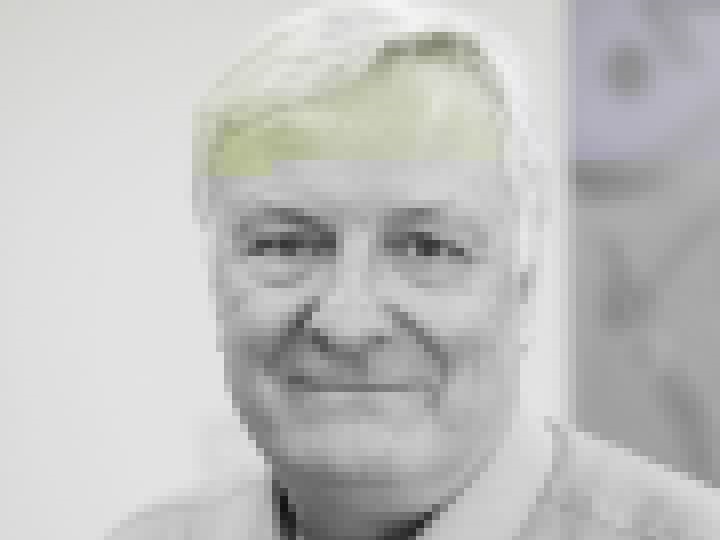



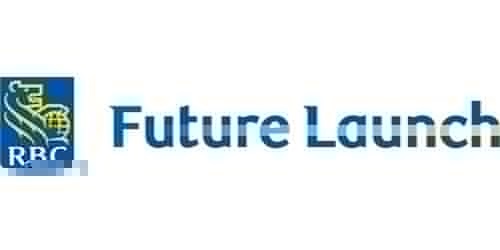
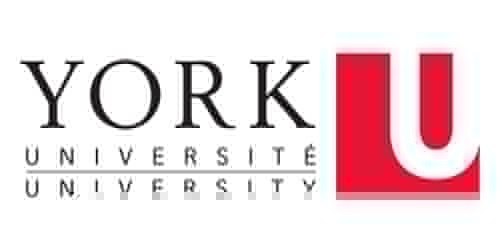

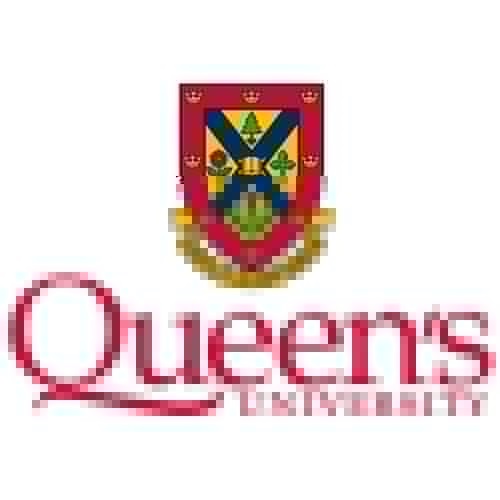

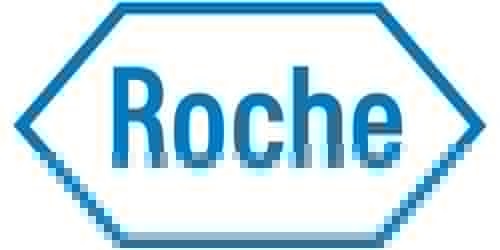
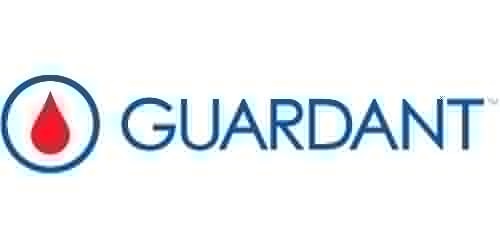
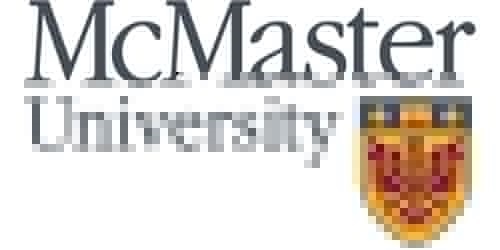
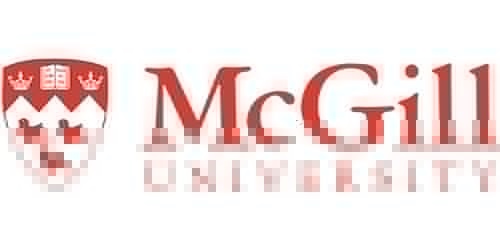


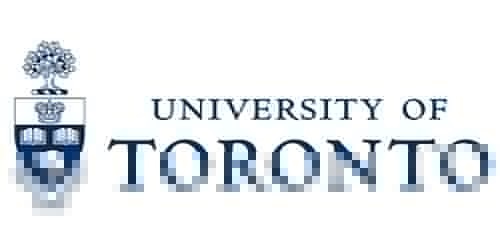
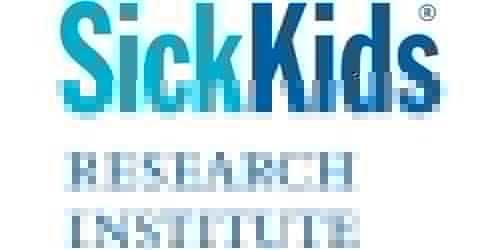
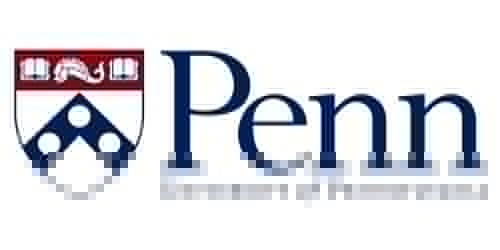

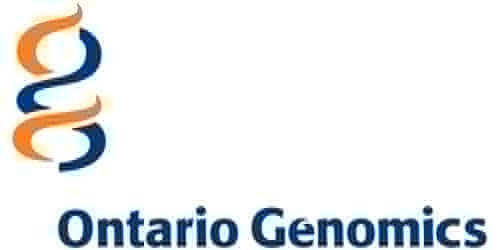
.tmb-cfthumb_fb.png?Culture=en&sfvrsn=8d235943_1)

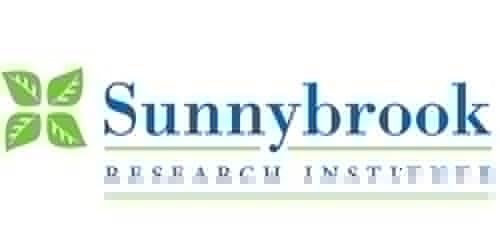
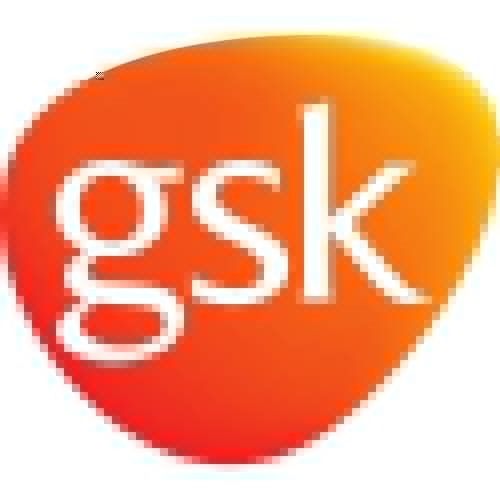


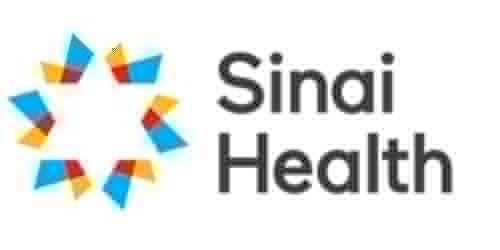
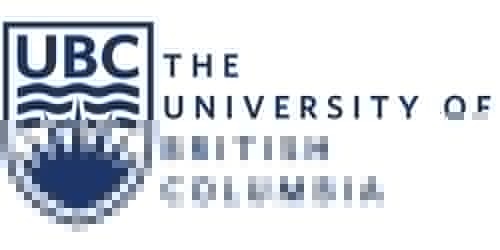
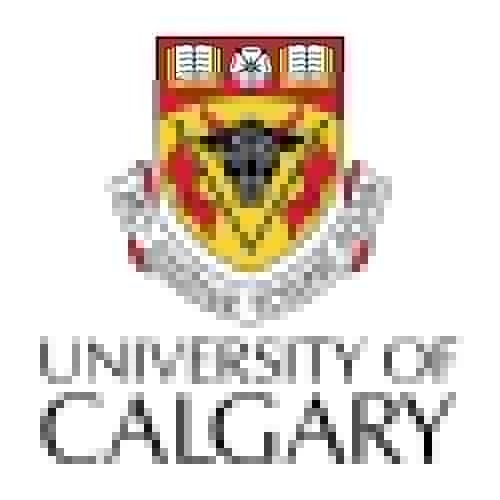
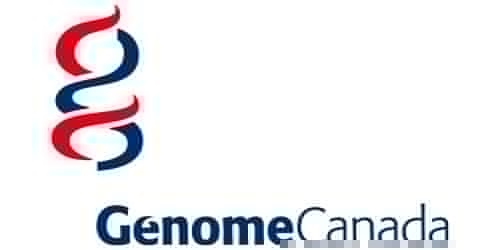
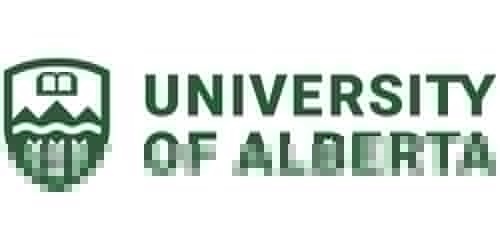
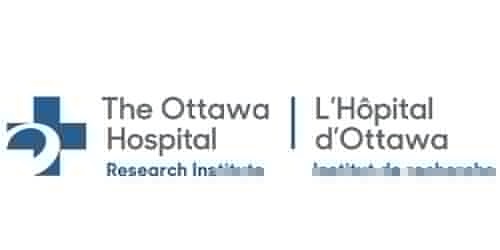

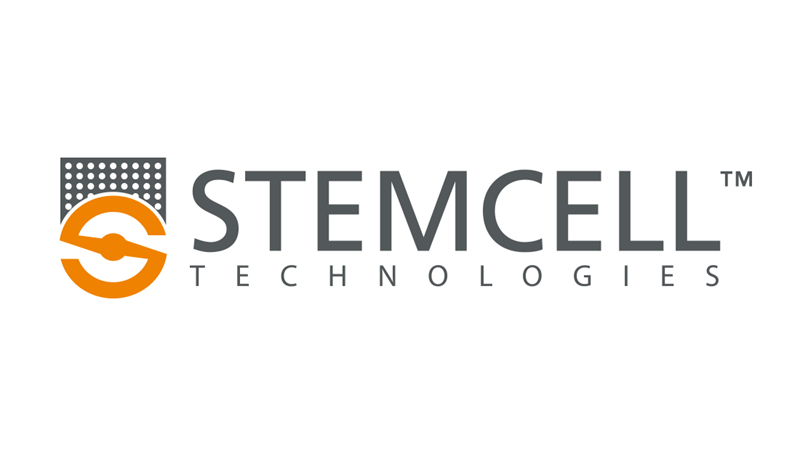

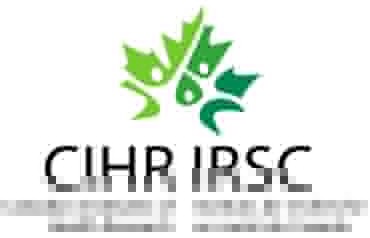

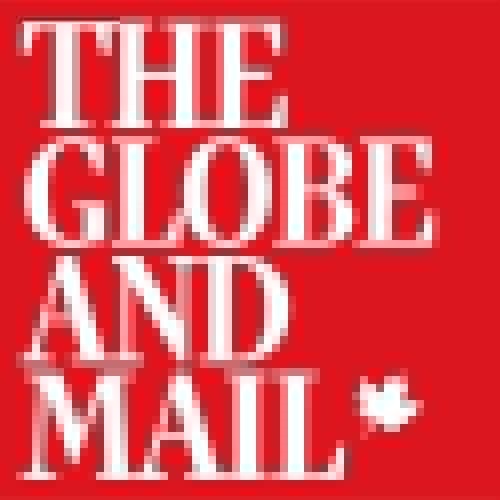



.tmb-cfthumb_fb.jpg?Culture=en&sfvrsn=b8746d34_1)
